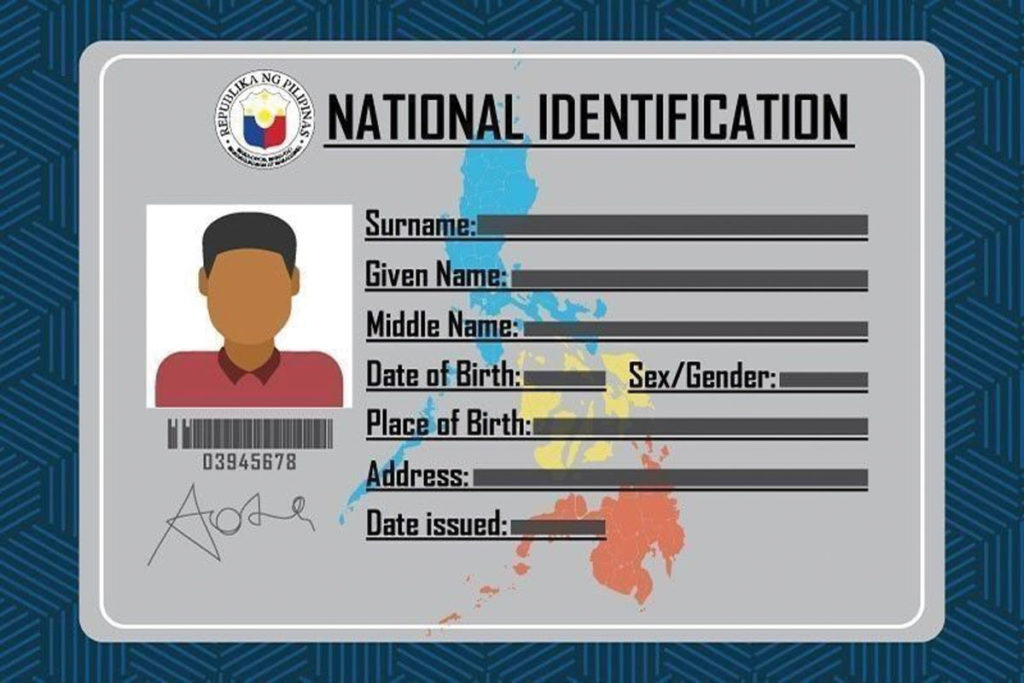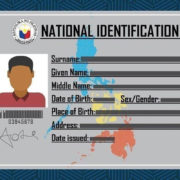
SENATE President Pro Tempore Ralph Recto on Tuesday, November 19, noted that despite the Duterte administration pressing Congress to pass the National ID law and making it the highest priority, it did not provide funds for the bill’s implementation since its enactment in 2018.
“That was two years ago, when we passed the law certified as urgent by the Palace. During the debates then, we were told that the plan was to cover 100 million people in four years,” he said.
“But it now appears that there’s a wide gap between intent and implementation. The proof has always been in the funding. And in the case of the national ID project, it is wanting,” he added.
According to Recto, there will be no 2020 General Appropriations Act entry, no ID, unless the situation is rectified.
Signed by President Duterte on Aug. 6, 2018, Republic Act 11055 (Philippine Identification System Act) — which establishes a single national identification system referred to as PhilSys for all citizens and resident aliens of the country — promotes seamless delivery of service; improves the efficiency, transparency, and targeted delivery of public and social services; enhances administrative governance, reduces corruption and curtails bureaucratic red tape; averts fraudulent transactions and misrepresentations; strengthens financial inclusion; and promotes ease of doing business.
When Recto asked if there were funds for the national ID system during the deliberations on Monday, November 18 for the proposed 2020 budget of the National Economic and Development Authority (NEDA), Sen. Sonny Angara, chairman of the committee on finance and sponsor of the NEDA budget, replied “zero.”
But according to Angara, there is P2.4 billion allocated for the ID system in the “unprogrammed appropriation” section of the proposed P4.1-trillion General Appropriations Bill for next year.
Recto, meanwhile, said the appropriation was a tentative allocation dependent on new loans or if revenues can be raised. He also pointed out that the P2.4 billion would only cover about 42 percent of what is needed to fully meet the project’s objectives and deliverables next year.
Less than half, or 6.3 million Filipinos, will be registered in 2020 instead of 14 million Filipinos, he added.
“And this will trigger a domino effect that will lay in shambles the project’s timetable. The original plan is to enroll 14 million in 2020; 52 million in 2021, including five million overseas Filipinos; and 44 million local residents plus five million overseas Filipinos in 2022,” Recto said.
He explained that to meet the deadline, 4.3 million registrants must be processed every month by the 5,000 registration kits placed in mobile and fixed registration centers. However, future registration quotas will not be met if the critical purchases in the early stages of implementation will not push through due to lack of budget.
“The 2020 scheduled procurement lays the foundation of the project. Without this, the project is crippled, the rollout derailed, its future jeopardized,” Recto said.





